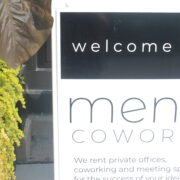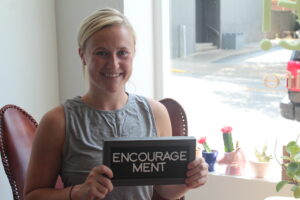Catching Zzz’s
When you think of being healthy and creating a healthy lifestyle, what do you think of? Probably eating more green things and less brown things. Maybe going for a walk rather than hitting next episode on that new show you’re bingeing. Now, did you think of more sleep? Our society has become one that believes the less sleep you have, the more productive you are. You’re up for more hours, so you’ll get more work done, right? Wrong.
As a college student, we’re encouraged to stay up all night cramming for that final in your hardest class or writing that ten-page research paper. It’s normal to hear someone say they didn’t sleep at all before a huge exam. I have been known to participate in some nocturnal study habits in my day, but I feel worse after it. I would have much rather slept a few more hours to give my brain its much-needed rest.
People are applauded for the low amount of sleep they get. Staying up late working in our Western culture is a sign of a strong work ethic, or that you want to climb your way up the ladder so you’re putting in more hours trying to get that promotion. Make sure to keep your schedule in check.
Not only has the amount of sleep we get decreased, but the quality of it as well. Late night Instagram scrolling has a bad effect on our brains as we try to wind down for bed. I don’t know the whole science behind it, but the blue light emitted from cell phones mimics real light and our brain perceives it that way. It wakes our brain up, which is the opposite of what you’re trying to do when going to sleep. I am not the best at advice for this category because I absolutely peruse Twitter as I am laying in bed. I know it is bad for me, but I do it anyway (story of mostly everyone’s lives). Maybe if I give this advice I will take it: place your phone away from your bed at night. Put it across your room so you are not tempted to get it, and this will help you get up in the morning too, since you will have to physically get up to turn your alarm off. Sounds like a win-win to me.
Here’s some rapid-fire facts about why you should get a good night’s sleep is important:
- Poor sleep is related to weight gain
- A bad sleep routine can be linked to greater risk for heart failure and stroke
- Sleeping less also increases your glucose levels and can be traced to prediabetes
- Poor sleep can also contribute to depression and anxiety
It isn’t all bad, though! There are obviously some fantastic effects a good night’s sleep can have on you:
- Good sleepers tend to eat less calories, which can help when trying to lose weight
- A good night’s sleep can help in cognitive function and productivity (i.e. before a big test!)
- A good sleep can improve athletic performance
- Sleeping the correct amount can aid in digestion and boost your immunity
I know it is easier said than done, though. You can’t just sleep. Carve out time to enjoy the process of getting ready for bed—clean your bedding, put on your comfiest pajamas, diffuse some calming essential oils, and whatever else makes you feel at ease. Remember to limit your screen time prior to going to bed, maybe switch to reading a chapter from your new favorite novel. We can all get more sleep together, and then maybe the world will be just a little less cranky.























